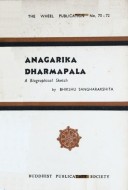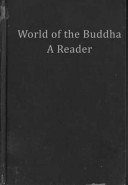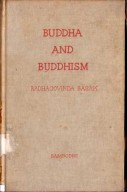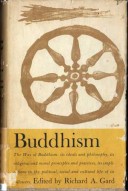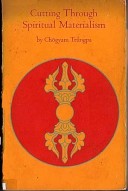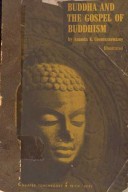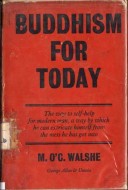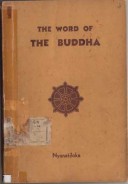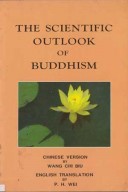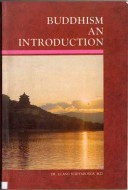Tìm Sách
Sách tiếng Anh-English >> Anagarika Dharmapala
Thông tin tra cứu
- Tên sách : Anagarika Dharmapala
- Tác giả : Bhikshu Sangharakshita
- Dịch giả :
- Ngôn ngữ : Anh
- Số trang : 98
- Nhà xuất bản : Buddhist Publication Society-Ceylon
- Năm xuất bản : 1964
- Phân loại : Sách tiếng Anh-English
- MCB : 1210000002552
- OPAC :
- Tóm tắt :
ANAGARIKA DHARMAPALA
The prospects of Ceylon Buddhism in the ‘sixties of the last century were dark indeed. Successive waves of Portuguese, Dutch and British invasion had swept away much of the traditional culture of the country. Missionaries had descended upon the copper-coloured Island like a cloud of locusts; Christian schools of every conceivable denomination had been opened, where Buddhist boys and girls were crammed with bible texts and taught to be ashamed of their religion, their culture, their language, their race and their colour. The attitude of the missionaries is expressed with unabashed directness in one of the verses of a famous hymn by the well known Anglican Bishop Heber, a hymn which is still sung, though with less conviction than in the days when it first made its appearance, in churches all over England:
What though the spicy breezes
Blow soft o’er Ceylon’s isle,
Where every prospect pleases,
And only man is vile;
In vain with lavish kindness
The gifts of God are strown,
The heathen in his blindness
Bows down to wood and stone.
Throughout the territories under Dutch occupation Buddhists had been compelled to declare themselves as Christians, and during the period of British rule this law was enforced for seventy years, being abrogated only in 1884, when on behalf of the Buddhists of Ceylon Col. Olcott made representations too the Secretary of State for the Colonies in London. Children born of Buddhist parents had to be taken for registration to a church, where some biblical name would be bestowed on them, with the result that most Sinhalese bore either an English Christian name and a Portuguese surname, if they were Catholic ‘converts’, or an English Christian name and a Sinhalese surname, if they were Anglicans. The majority of them were ashamed or afraid to declare I themselves Buddhists, and only in the villages of the interior did the Dharma of the Blessed One retain some vestige of its former power and popularity, though even here it was not free from the attacks of the thousands of catechists who, for twenty rupees a month, were prepared to go about slandering and insulting the religion of their fathers. Members of the Sangha, with a few noble exceptions, were intellectually and spiritually moribund; monastic discipline was lax, the practice of meditation had been neglected and then forgotten; and even to those who truly loved the Buddha, the Dharma and the Sangha, it must sometimes have seemed that, after reigning for more than twenty glorious centuries over the hearts and minds of the Sinhala race, they were doomed to be “cast as rubbish to the void”, and swept into the blue waters of the Arabian Sea by the triumphant legions of militant Christianity. But this was not to be. Low though the fortunes of the Dharma had sunk the great beam of the national karma was beginning to right itself, and gigantic forces were being set in motion which in the future would lift them to a position high even as their present one was low.
 Facebook
Facebook
 Google
Google
 Google+
Google+
